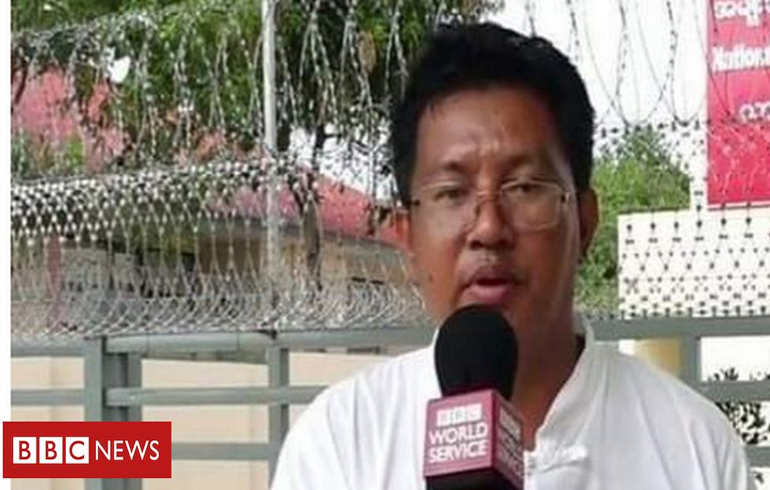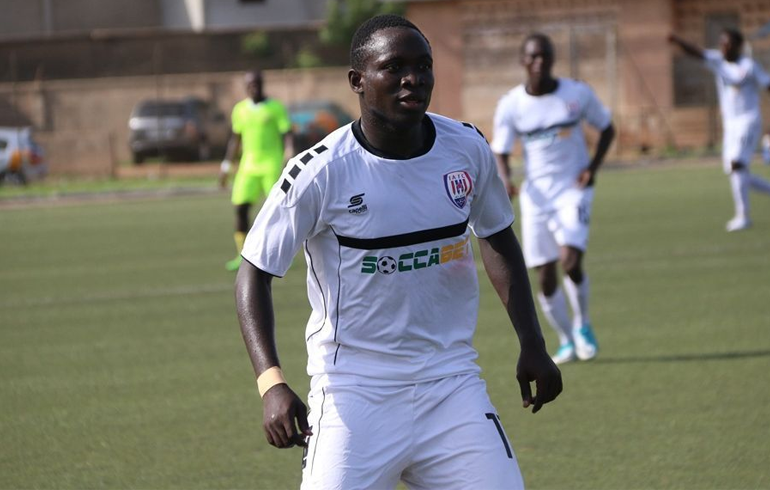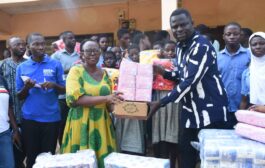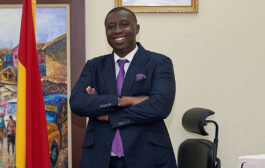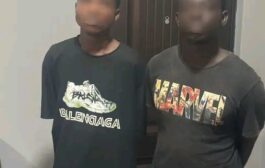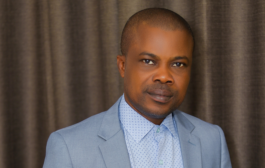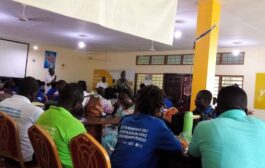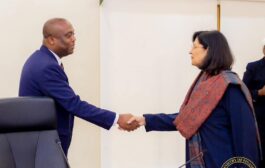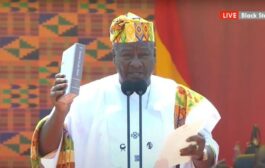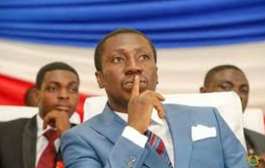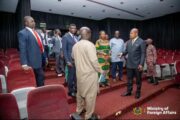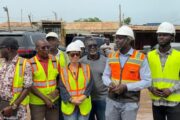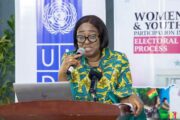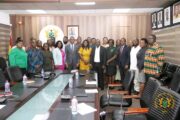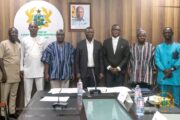A reporter with BBC Burmese has been detained in Myanmar as clashes continue between security forces and protesters opposed to the 1 February coup.
Aung Thura was taken away by men in plain clothes while reporting outside a court in the capital, Nay Pyi Taw.
The BBC said it was extremely concerned and called on the authorities to help locate him.
At least eight people are reported to have died in the latest protests, which took place in several cities.
Aung Thura was taken away with another reporter, Than Htike Aung, who works for the local news organisation, Mizzima. Mizzima’s operating licence was revoked by the military government earlier this month.
The men who detained the journalists arrived in an unmarked van at around midday local time (05:30 GMT) on Friday and demanded to see them.
The BBC has been unable to contact Aung Thura since.
“The BBC takes the safety of all its staff in Myanmar very seriously and we are doing everything we can to find Aung Thura,” the corporation said in a statement.
“We call on the authorities to help locate him and confirm that he is safe. Aung Thura is an accredited BBC journalist with many years of reporting experience covering events in Nay Pyi Taw.”
Forty journalists have been arrested since the military coup, which saw the detention of elected civilian leaders, including Aung San Suu Kyi.
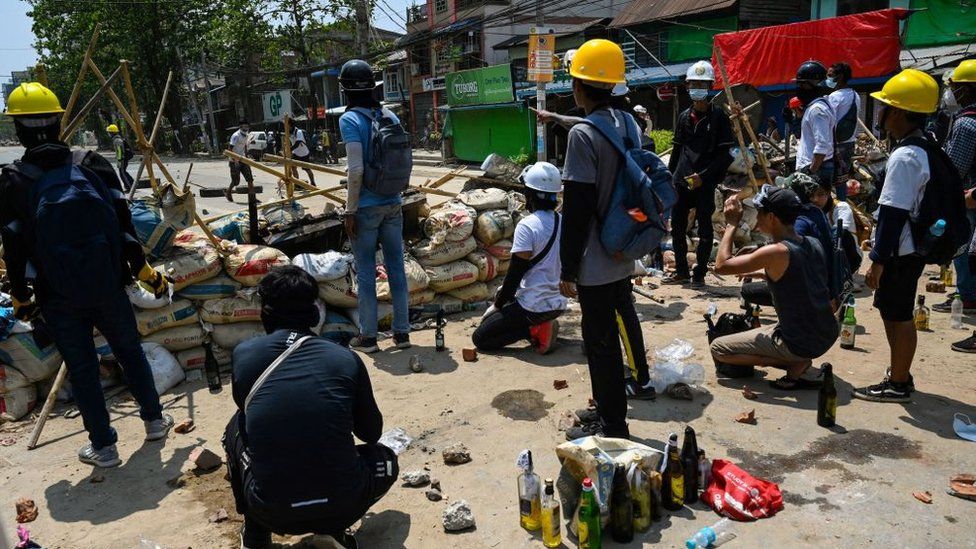
Sixteen are still in custody, and the military has revoked the licences of five media companies.
The eight people killed on Friday were shot dead by security forces in the central town of Aungban, according to a funeral director and local media.
“Security forces came to remove barriers but the people resisted and they fired shots,” a witness told Reuters news agency.
Reports from Yangon say the streets have been congested as many people try to flee violence in the country’s main city.
Police there are also said to be forcing people to remove barricades put up by protesters.
Post-coup violence has claimed the lives of at least 232 Burmese, the Assistance Association for Political Prisoners activist group says. One of the bloodiest days was 14 March when 38 were killed.
Myanmar profile
Myanmar became independent from Britain in 1948. For much of its modern history, it has been under military rule
Restrictions began loosening from 2010 onwards, leading to free elections in 2015 and the installation of a government led by veteran opposition leader Aung San Suu Kyi the following year
In 2017, Myanmar’s army responded to attacks on police by Rohingya militants with a deadly crackdown, driving more than half a million Rohingya Muslims across the border into Bangladesh in what the UN later called a “textbook example of ethnic cleansing.”
Source: BBC



